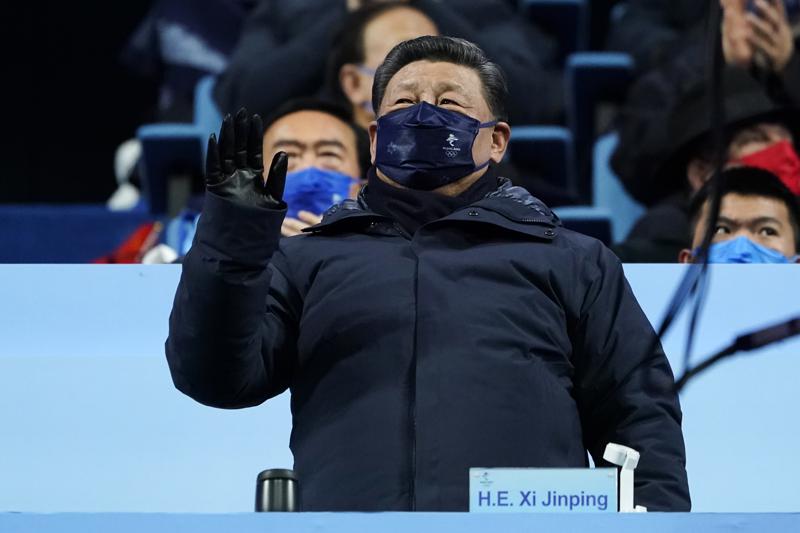BEIJING : The country where the coronavirus outbreak emerged two years ago launched a locked-down Winter Olympics on Friday, proudly projecting its might on the most global of stages even as some Western governments mounted a diplomatic boycott over the way China treats millions of its own people.
The opening ceremony began just after the arrival of Chinese President Xi Jinping and International Olympic Committee President Thomas Bach at the same lattice-encased National Stadium that hosted the inaugural event at the 2008 Olympics.
With the dimming of the lights and a countdown in fireworks, Beijing became the first city to host both winter and summer Games. And while some are staying away from the second pandemic Olympics in six months, many other world leaders planned to attend the opening ceremony. Most notable: Russian President Vladimir Putin, who met privately with Xi earlier in the day as a dangerous standoff unfolds at Russia’s border with Ukraine.
The Olympics — and the opening ceremony — are always an exercise in performance for the host nation, a chance to showcase its culture, define its place in the world, flaunt its best side. That’s something China in particular has been consumed with for decades. But at this year’s Beijing Games, the gulf between performance and reality will be particularly jarring.
Outside the Olympic “bubble” that separates regular Beijingers from Olympians and their entourages, some expressed enthusiasm and pride at the world coming to their doorstep. Zhang Wenquan, a collector of Olympic memorabilia, showed off his wares Friday while standing next to a 2008 mascot. He was excited, but the excitement was tempered by the virus that has changed so much for so many.


